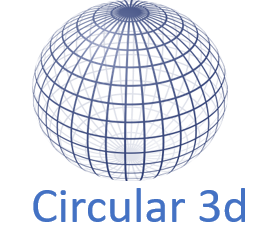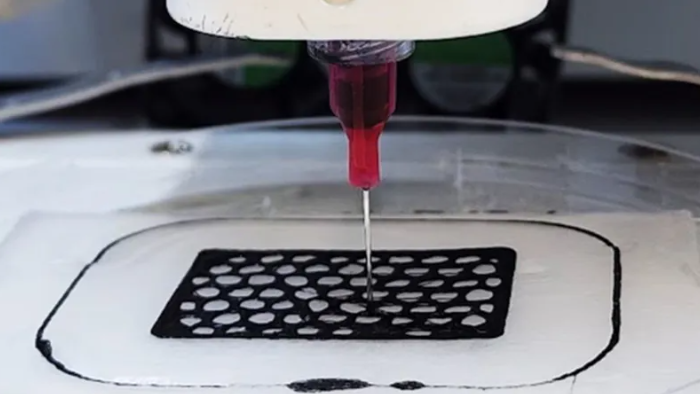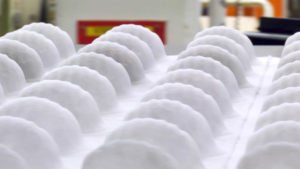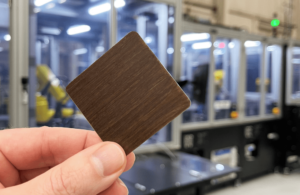Engineers at the University of California San Diego have developed a new 3D printing method that uses a polymer ink and salt water solution to create solid structures.
Detailed in Nature Communications, the work is claimed to have the potential to make materials manufacturing more sustainable and environmentally friendly.
The process uses PNIPAM (poly(N-isopropylacrylamide)) ink. When this PNIPAM ink is extruded through a needle into a calcium chloride salt solution, it instantly solidifies as it contacts the salt water.
This rapid solidification is driven by the salting-out effect, where the salt ions draw water molecules out of the polymer solution due to their strong attraction to water. This removal of water causes the hydrophobic polymer chains in the PNIPAM ink to densely aggregate, creating a solid form. (Read more)




